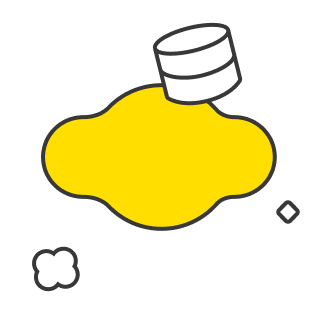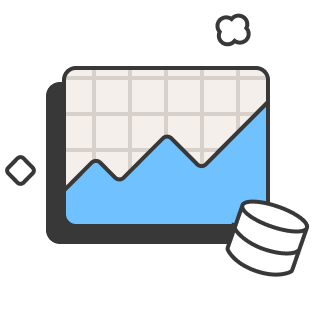Build insanely interactive data apps
Zero latency, in-browser analytics on DuckDB in the cloud

Ultra-fast analytics
We already do everything in the browser. Why not analytics? The bar for in-app analytics experiences has never been higher! Data-driven decision making is essential, and high-latency, static dashboards don’t meet user needs. Using the power of DuckDB, MotherDuck helps developers build warp speed, responsive data experiences that run in the browser and the cloud.
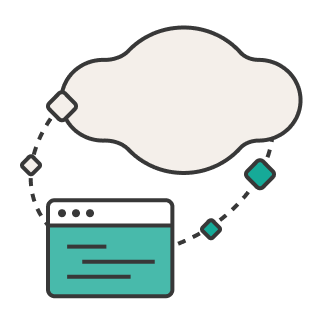
Zero latency between users and the data
Analytics should be faster than a display refresh cycle. Think about it: would you use an app that had a 10-second lag? Didn’t think so. Thanks to its dual execution query engine, MotherDuck reclaims unused compute on users’ local machines to seamlessly deliver the performance they expect. Building remarkable analytics experiences that delight users and scale smoothly without ruffling any feathers…now that’s something to quack about.
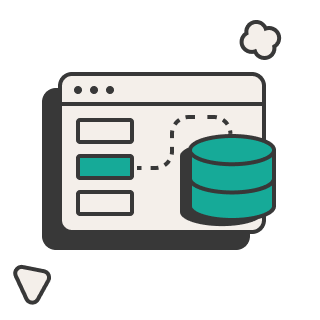
Novel 1.5-tier architecture powered by WebAssembly (Wasm)
Traditional applications are built on a 3-tier architecture, which requires several intermediary operations to run between the end user interface, server, and underlying database. MotherDuck’s 1.5-tier architecture has the same DuckDB engine running inside the user’s web browser and in the cloud. Developers can finally move data closer to the user to create analytics experiences that run at a supercharged pace. Our peer-reviewed paper on 1.5-tier architecture and dual engine, hybrid query execution was presented at CIDR: The Conference on Innovative Data Systems Research.


Build on a true analytics database
MotherDuck is purpose-built and architected for data applications to handle high-concurrency and low-latency workloads. Many data app developers start by building analytics on top of a transactional database before hitting performance limitations. When they move to a traditional data warehouse, they then run into latency and cost concerns. Haven’t you done enough? Let us do the heavy lifting when you start building your next app.
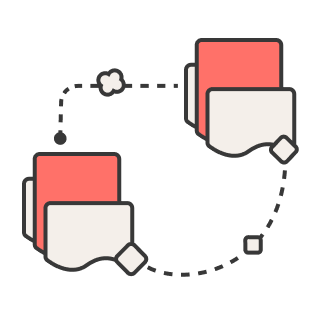
Ditch the scaling limitations of Postgres
PostgreSQL is the default transactional database used by millions of developers. It excels at this core functionality, but it is not designed for analytics. As applications expand their analytics capabilities, they require a database, like DuckDB, designed and optimized for these workloads.
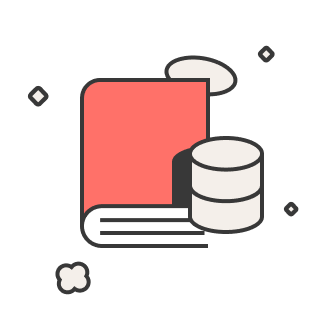
Use the best SQL dialect for analytics
MotherDuck leverages DuckDB’s pragmatic, friendly approach to SQL. This enables a more intuitive developer workflow, as DuckDB extends a Postgres style of SQL with syntax from other databases. For additional flexibility, DuckDB also has a dataframe-style API if SQL isn’t your fancy.


Won’t break the bank
DuckDB is an analytics database built from the ground up with columnar vectorized execution. It uses CPU and memory more efficiently for analytics than any transactional database. MotherDuck extends DuckDB to enable data app developers to push workloads down to the client. Together, these techniques prevent flyaway cloud costs and let us pass the resulting savings on to you.

Efficiency of DuckDB
DuckDB is designed for analytical workloads where low latency query performance is crucial. With MotherDuck, DuckDB’s small footprint delivers remarkable efficiency without the need for complex infrastructure or configuration. Data is stored in a columnar format that streamlines analytical queries by reducing the data read from storage and into memory.
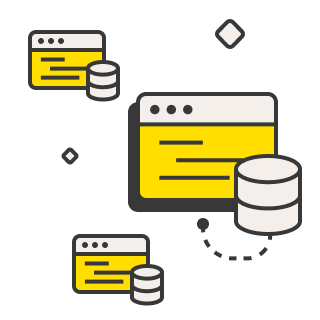
Manage compute predictably per-user
MotherDuck’s unique per-user tenancy model provides each user of your app with access to their own isolated compute instance “duckling,” a database engine in the cloud. Instead of forcing your users to share a monolith with others, they are free to enjoy your application’s low-latency, interactive experience, no matter how many people are using it simultaneously.

Push work down to the client
MotherDuck extends DuckDB’s portability to turn end users’ laptops into local execution nodes. Workloads can be pushed to the client or kept on the server (or both). Running DuckDB locally in the web browser with the MotherDuck Wasm SDK lets you push data and processing down to otherwise-unused hardware to achieve ultra low latency.


Features
Architecture
Managed DuckDB-in-the-cloud
Since DuckDB is highly portable, it can run anywhere, including in the cloud. Using WebAssembly, you can even run DuckDB in the browser. At MotherDuck, we can help your web application adopt a 1.5-tier architecture that offers the best of both modes.
MotherDuck Signature
WASM-Powered 1.5-tier architecture
Want to build an application that’s pure frontend JavaScript, with no backend to worry about? While DuckDB can run anywhere, including in the browser, MotherDuck’s Wasm SDK enables you to extend the speed of a local SQL engine to data persisted in the cloud. Using Wasm, client-side JavaScript processes data locally to enable analytics experiences that are faster than you can blink!
Basic 2-Tier architecture
While a 2-tier architecture allows client-side applications to connect directly to the database, developer maintenance and overhead are only incrementally better...and you still don’t have the option to run your database locally.
Traditional 3-tier architecture
A 3-tier architecture powers the vast majority of applications today. While it feels familiar, managing integrations and updates between the client, server, and database is time-consuming and unwieldy. For users, multiple steps between them and the data may slow down performance and speed at scale.
Ecosystem
Modern Duck Stack
CLOUD DATA WAREHOUSE
Sources




Business Intelligence




Ingestion




Data Science & AI




Reverse ETL

Transformation



Dev Tools



